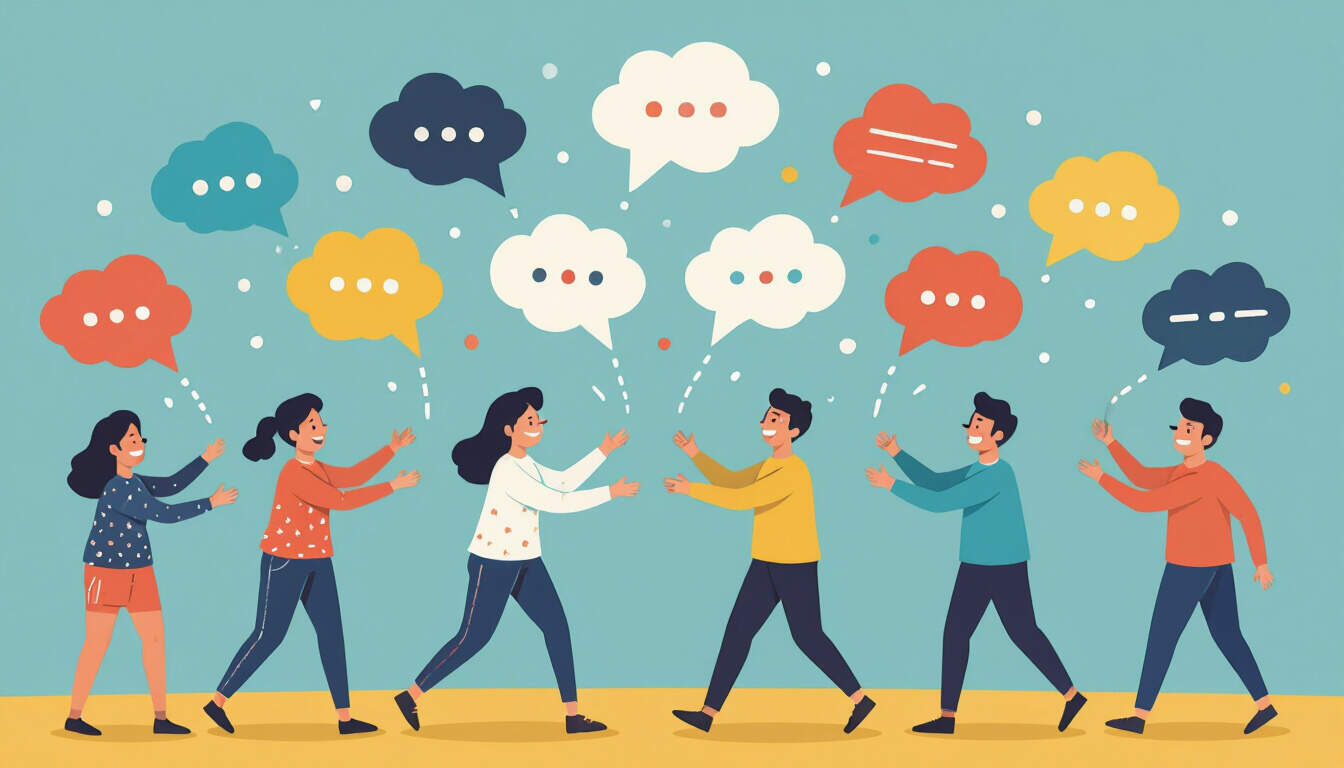Practical Tips for Cognitive Load Offloading Through Team Building Activities
 by Shanie Goodwin
by Shanie Goodwin
Explore effective strategies to ease mental overload by incorporating team building activities into daily routines. This article offers actionable advice for students and professionals to enhance focus and productivity, drawing from cognitive science principles.

Cognitive load offloading involves shifting mental tasks to external tools or processes, allowing individuals to manage information more effectively. This approach helps reduce the strain on working memory, making it easier to handle everyday demands.
In daily life, excessive mental overload can lead to fatigue and decreased performance. For students and professionals, simple techniques can make a significant difference. One useful method is to break down complex tasks into smaller, manageable parts. This way, you can focus on one element at a time without overwhelming your mind.
Team building activities play a key role in this process. By engaging in group exercises, people can share responsibilities and distribute cognitive demands. For example, during a collaborative project, dividing roles ensures that no single person bears the full burden.
To start, consider incorporating regular group discussions. These sessions allow participants to voice ideas and receive input, which lightens individual cognitive effort. Another tip is to use visual aids like shared boards to track progress. This externalizes information, freeing up mental space for more creative thinking.
Benefits of Group-Based Strategies
Engaging in team building activities not only reduces overload but also fosters better communication. When teams work together, they can identify patterns and solutions collectively, leading to more efficient outcomes. Studies show that shared problem-solving decreases stress levels and improves overall well-being.
For professionals in fast-paced environments, scheduling short team exercises can be particularly helpful. These might include brainstorming sessions or role-playing scenarios. Such practices encourage delegation, which is essential for offloading cognitive tasks.
In educational settings, students can apply similar principles through study groups. By discussing material with peers, learners offload the need to memorize everything independently. This method enhances retention and understanding without increasing mental pressure.
Step-by-Step Implementation
Here are some practical steps to integrate these strategies:
- First, assess your current workload to pinpoint areas of high cognitive demand.
- Next, identify potential team members or groups where tasks can be shared.
- Then, plan regular activities, such as weekly meetings, to practice collaboration.
Following these steps, you can gradually build habits that support cognitive relief. For instance, in a professional setting, using apps for task management allows teams to assign and track duties externally.
Another effective tip is to encourage breaks during intensive work periods. During these pauses, simple team building activities like quick games can refresh the mind and prevent burnout. This practice ensures sustained productivity over time.
For those interested in cognitive science, understanding how offloading works involves recognizing the limits of human attention. By leveraging social support, individuals can extend these limits naturally.
Real-Life Applications
Consider a scenario where a student prepares for exams. Instead of studying alone, joining a study group offloads the cognitive load by distributing questions and explanations among members. This not only speeds up learning but also makes the process more enjoyable.
Similarly, in workplaces, managers can organize team outings to build rapport. These events help in creating a support network, which is crucial for handling complex projects. When challenges arise, having a team to rely on reduces the mental weight on any one person.
Over time, consistent use of these strategies leads to improved focus and energy levels. It's about creating systems that work for you, whether through technology or human interaction.
In conclusion, by adopting cognitive load offloading techniques with an emphasis on team building activities, individuals can achieve greater balance in their lives. This approach is accessible to everyone, from students to seasoned professionals, and promotes long-term productivity and health.
